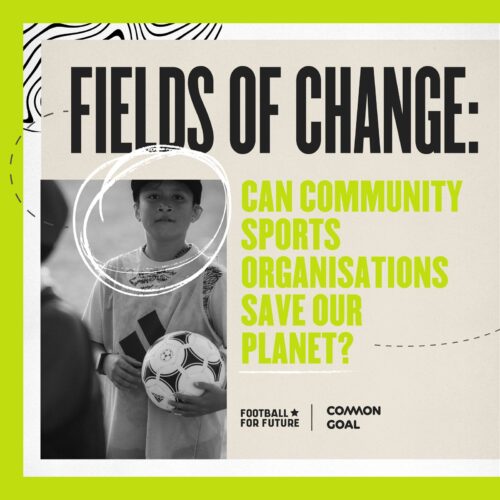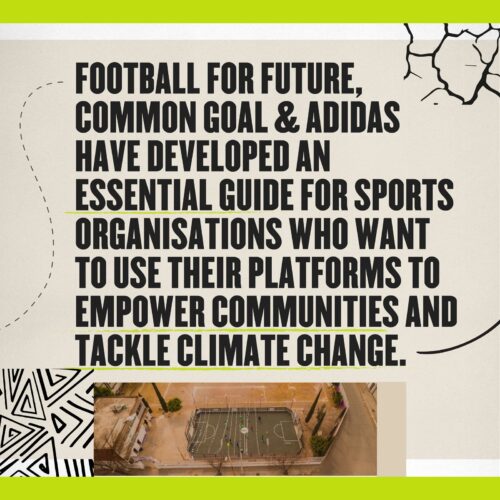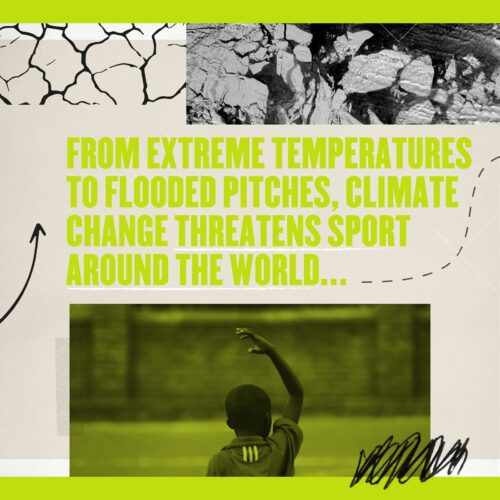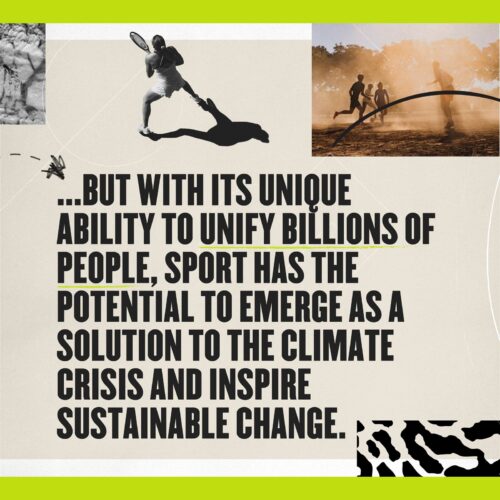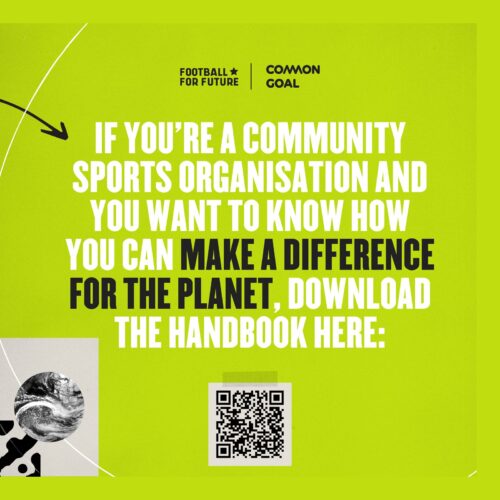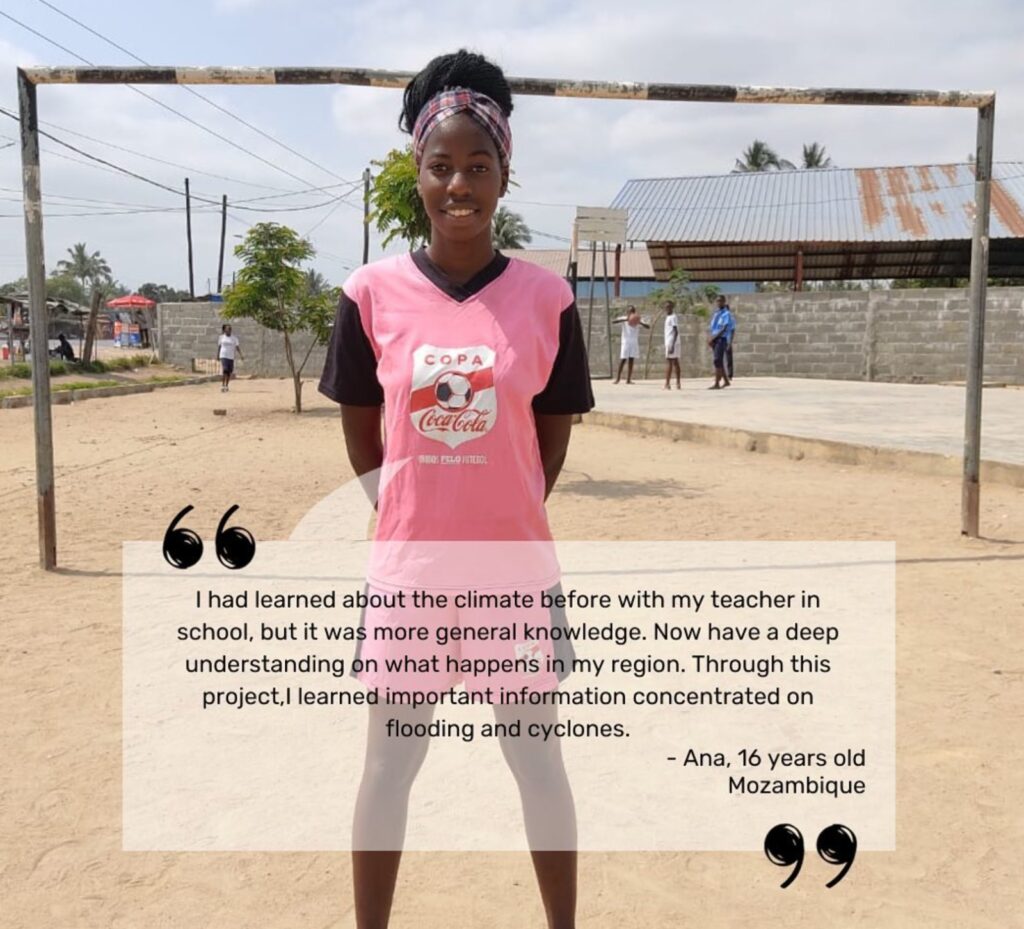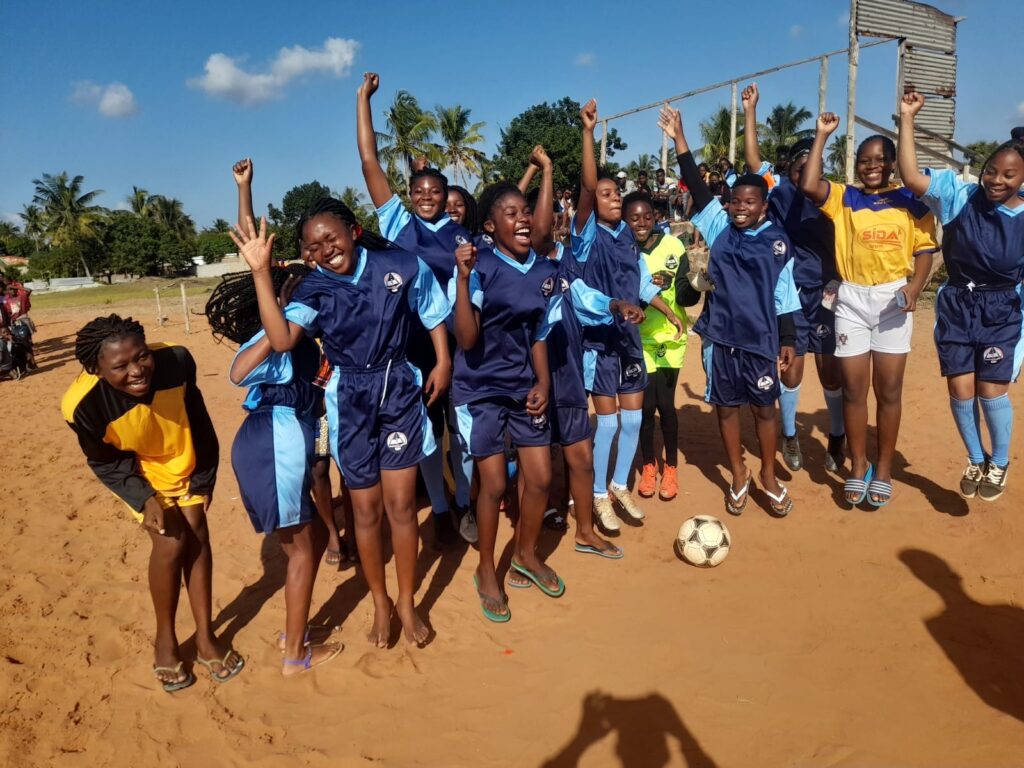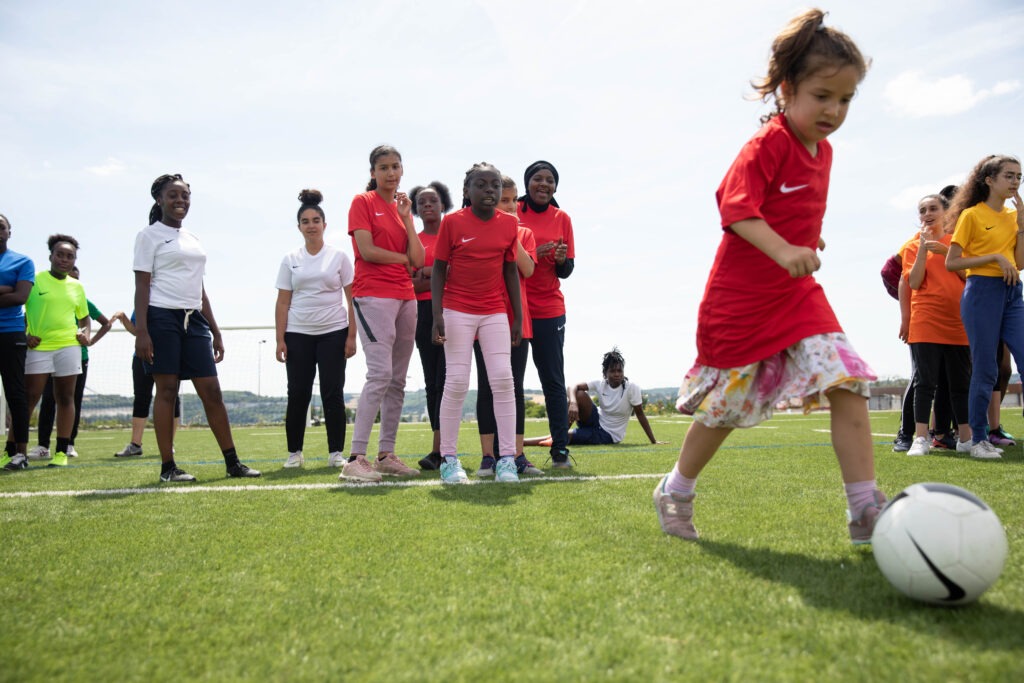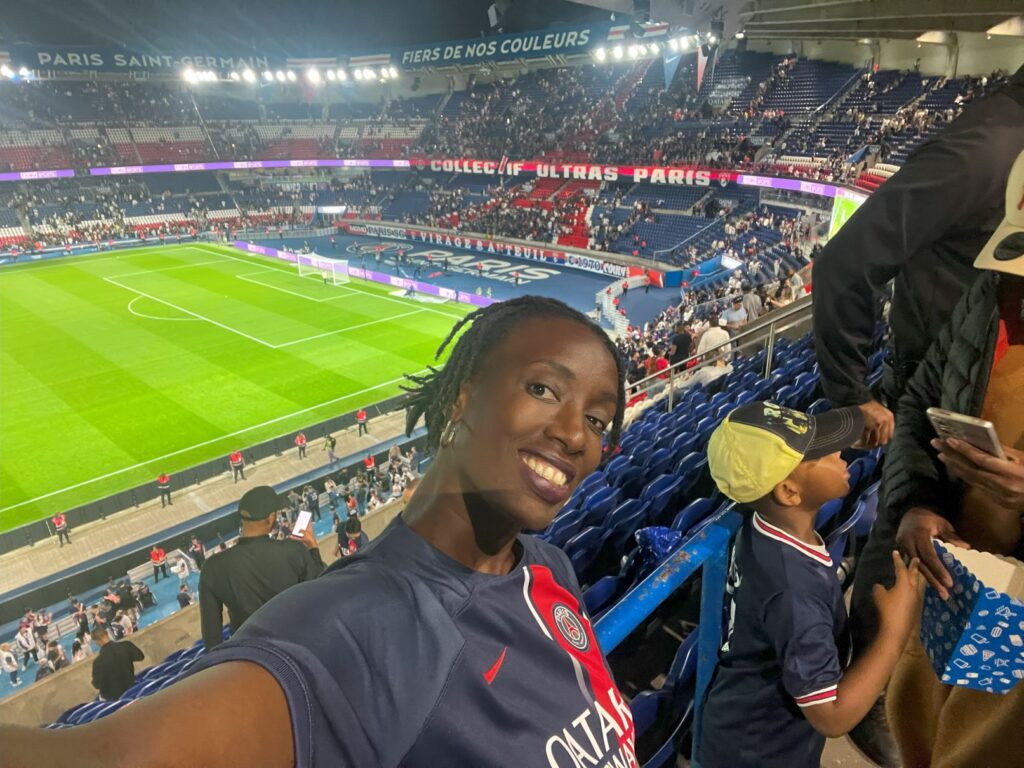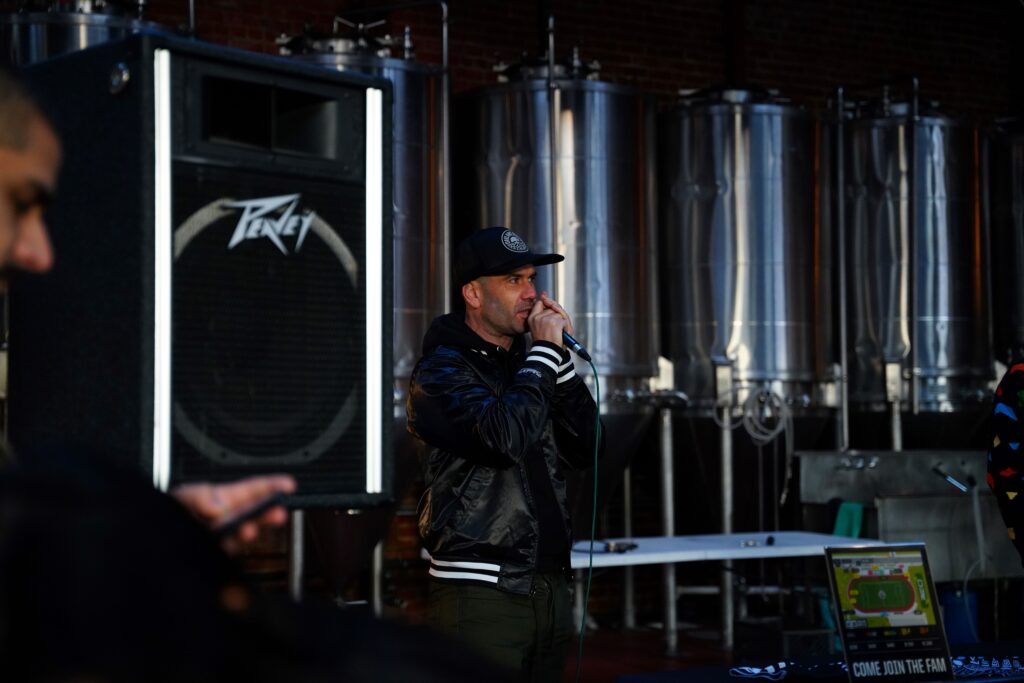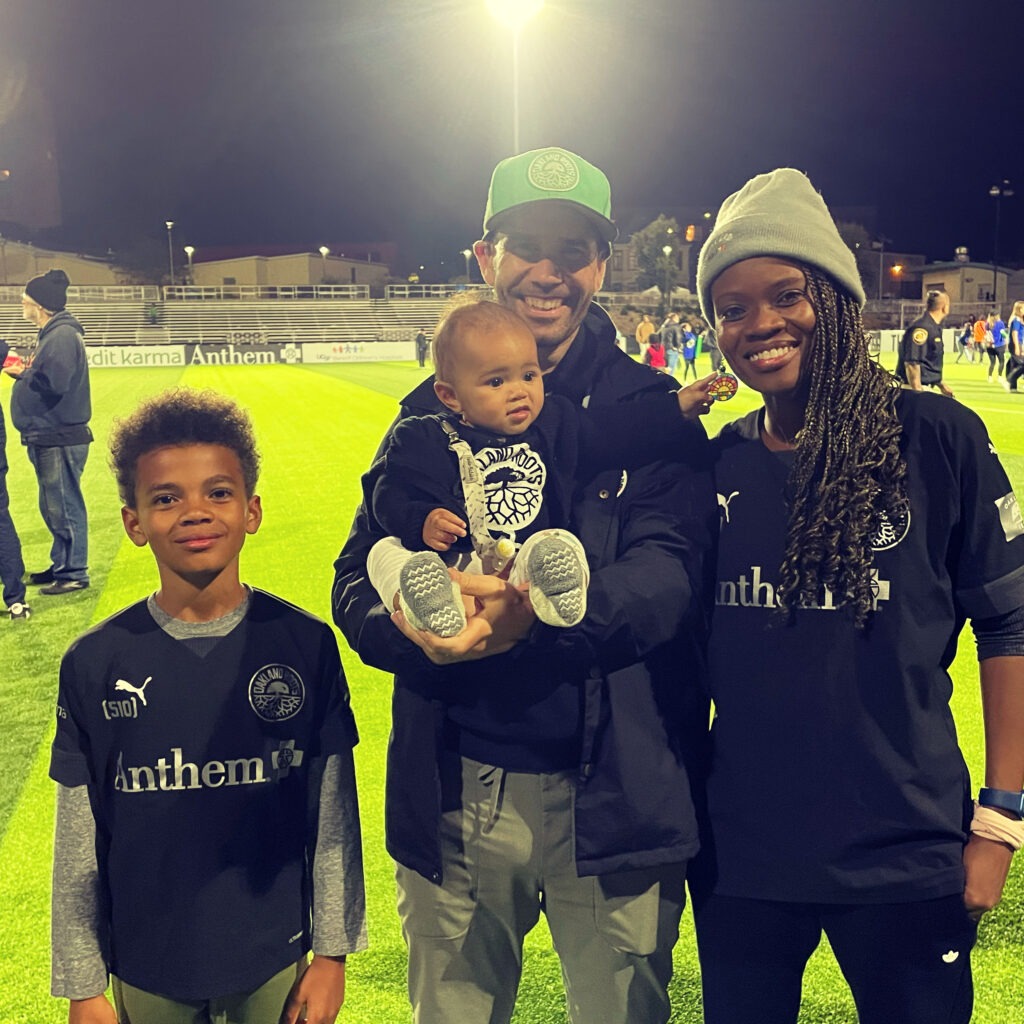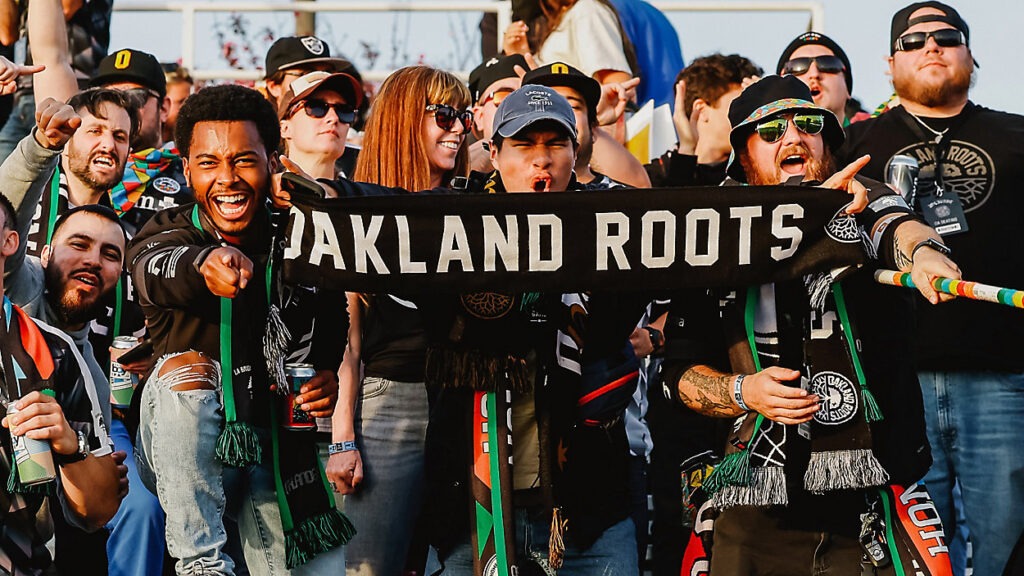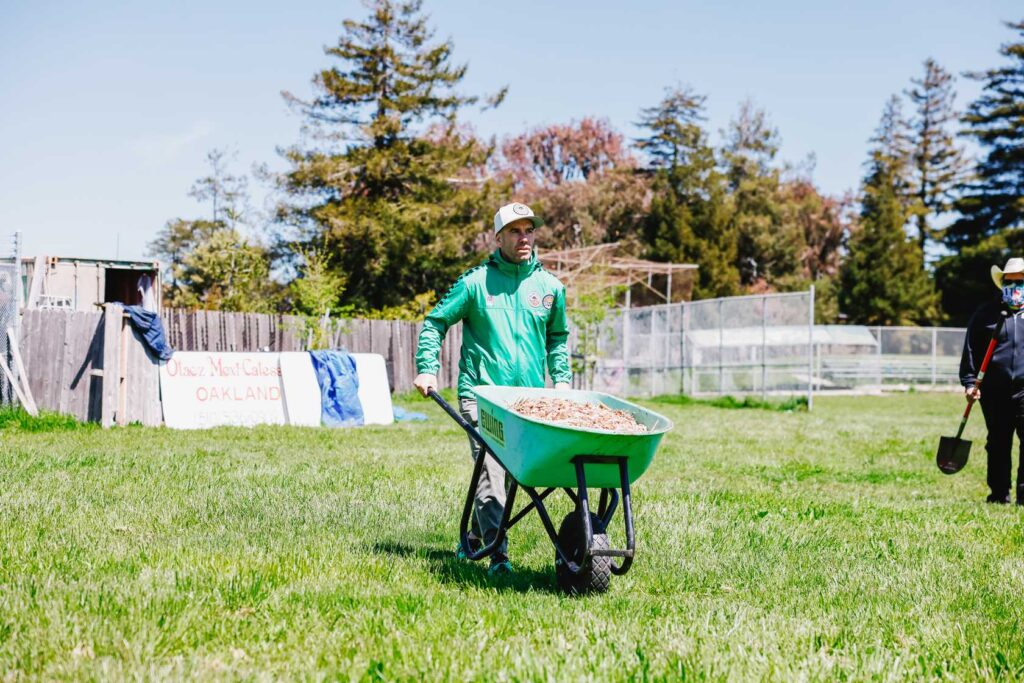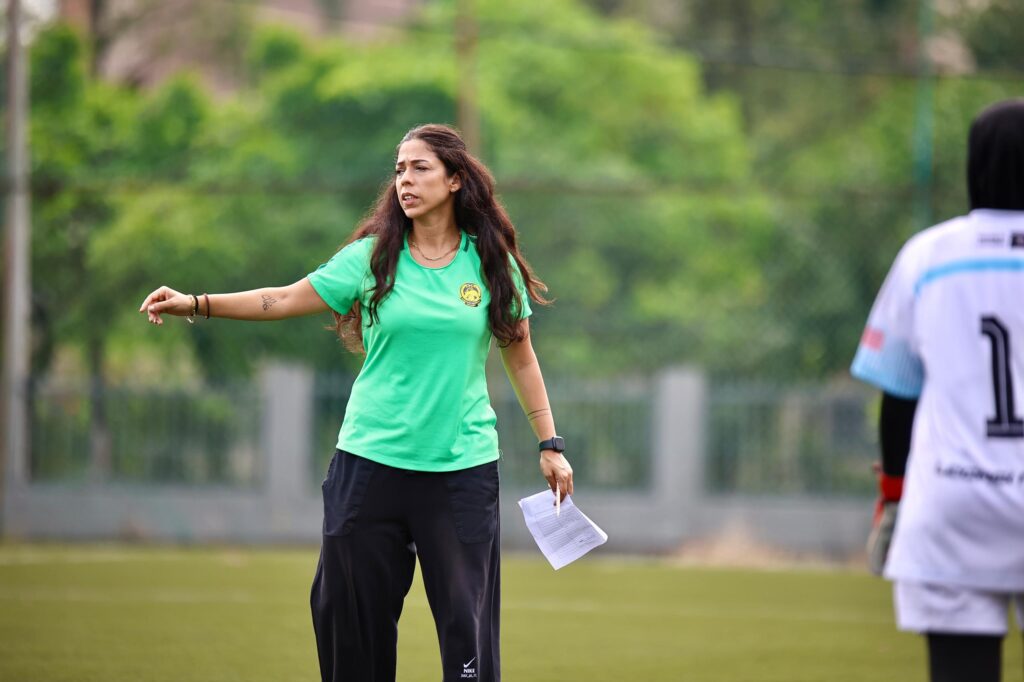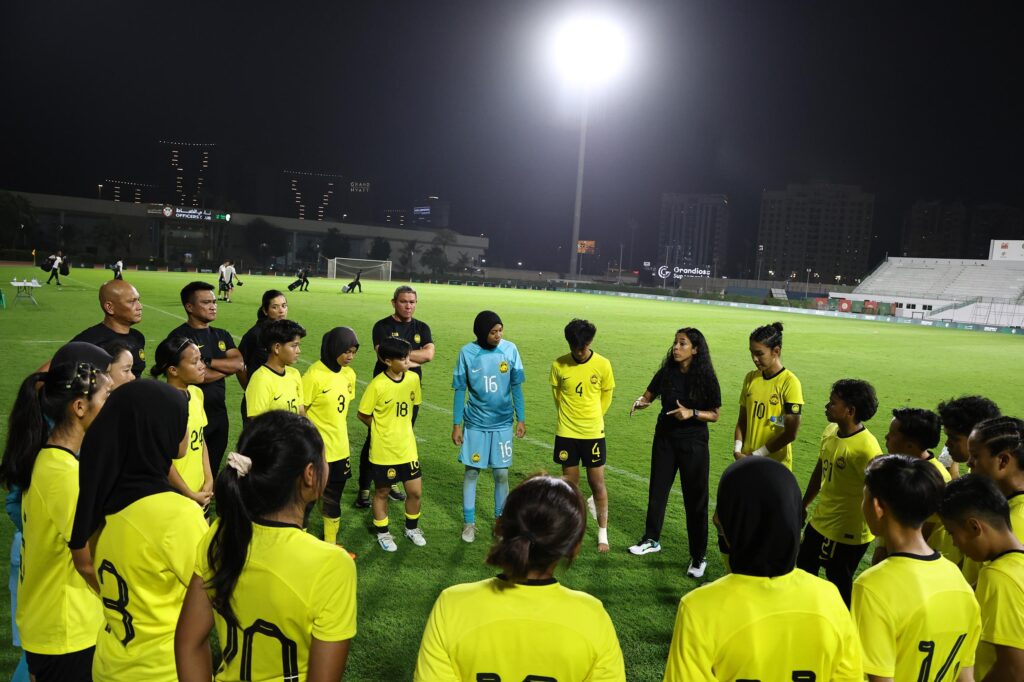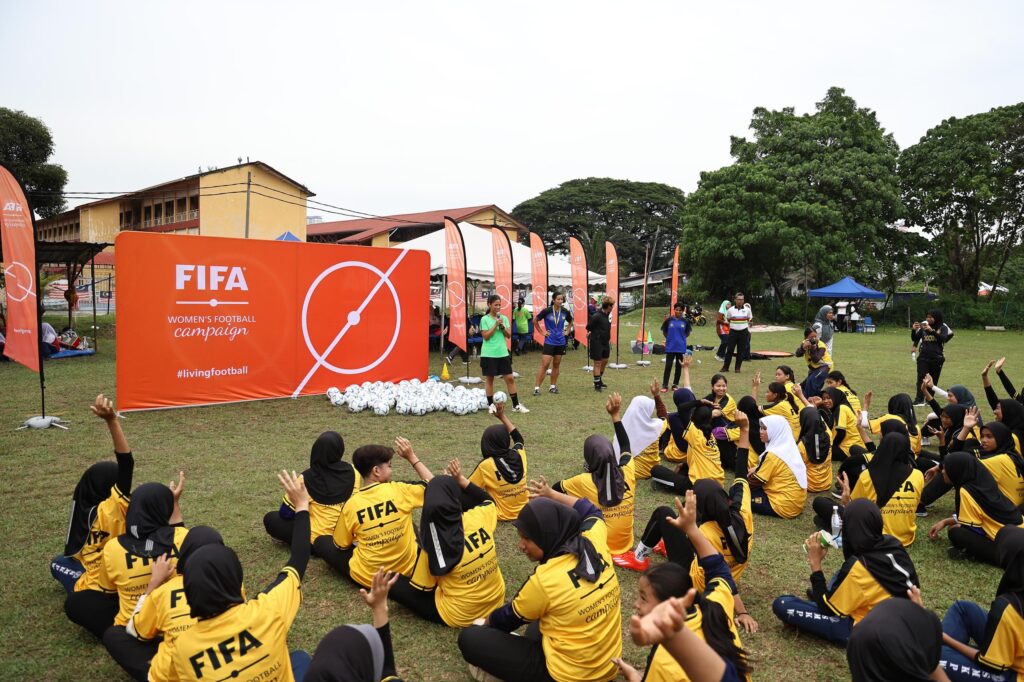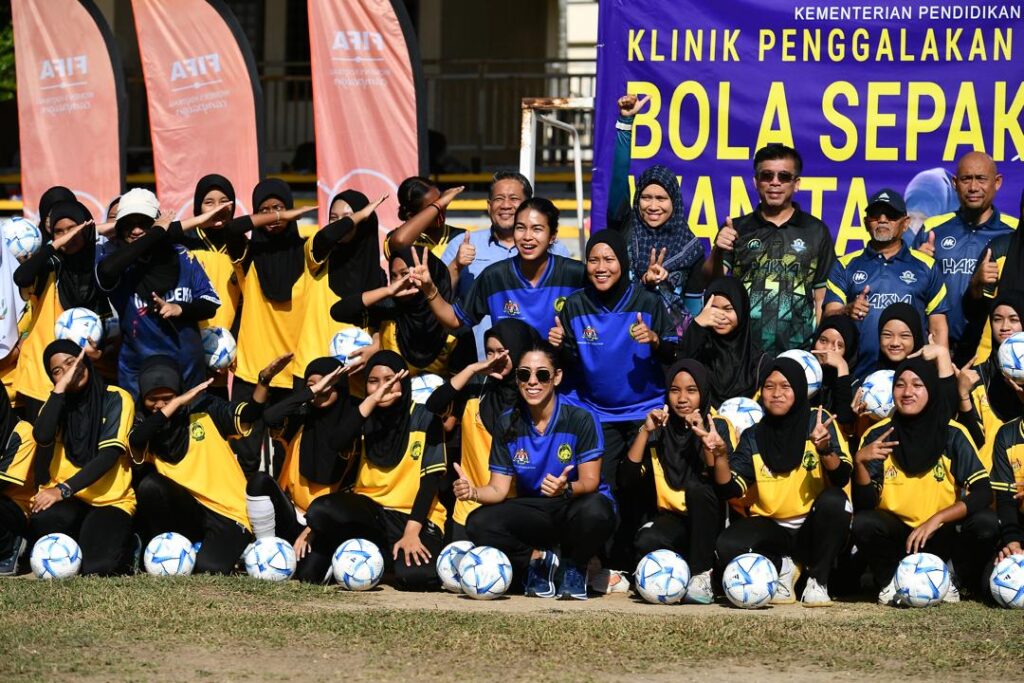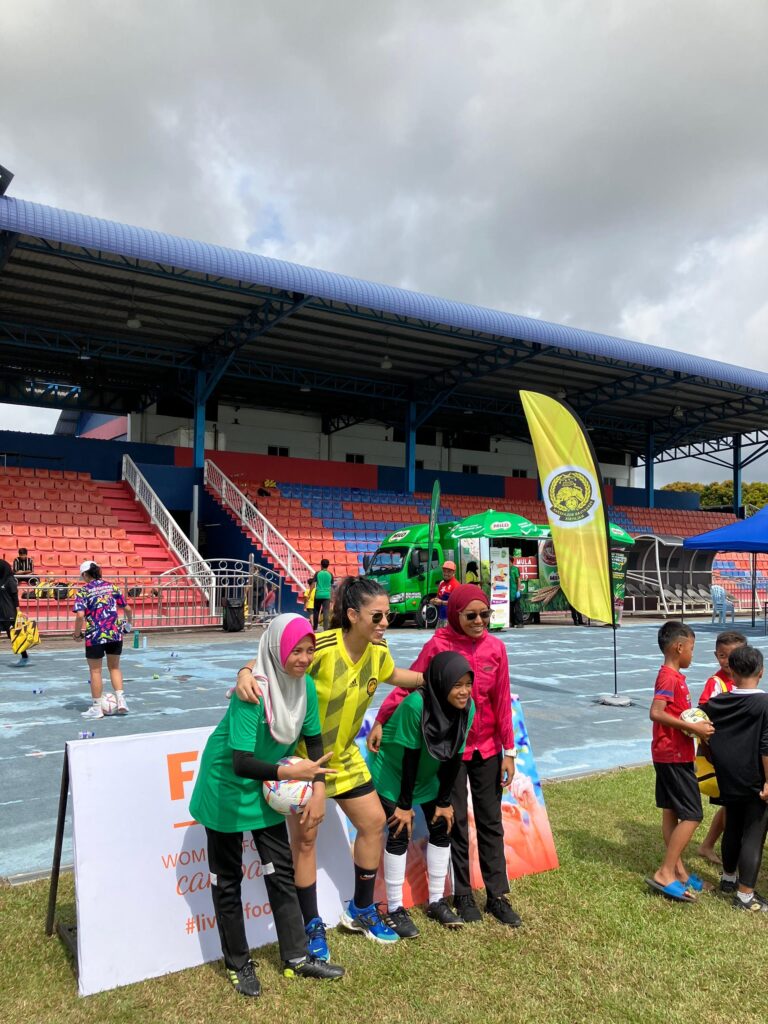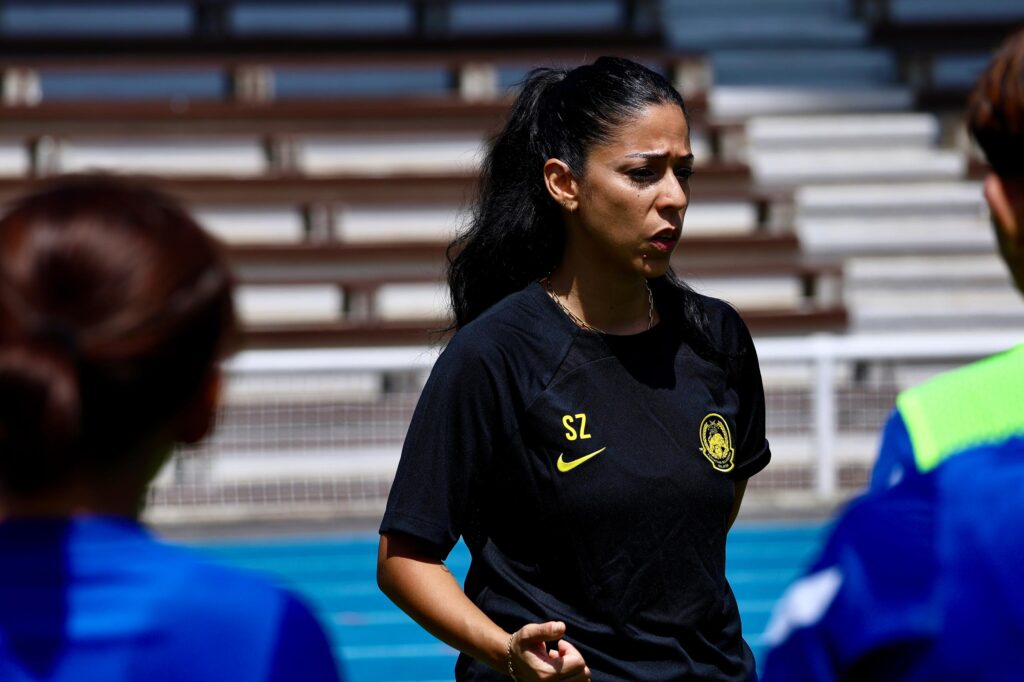Elliot Arthur-Worsop didn’t just grow up as a Brighton & Hove Albion supporter—he grew up living and breathing the rollercoaster that comes with loving a club through relegations, promotions, and Premier League dreams. But as his relationship with football deepened, so did his awareness of its potential for more than victory on the pitch. Inspired by movements like Common Goal and Kick It Out, Elliot realized football could drive social change. Now, as the founder of Football For Future (FFF), Elliot is tackling one of the biggest challenges of our time: using football to inspire action against climate change. In this interview, he shares his journey, the urgency of FFF’s work, and the critical intersection between sport and sustainability.
Bonito: Elliot, thanks so much for joining us to talk about your fantastic and rapidly growing organization Football for Future!
Elliot: Thanks for having me and sharing our story.
Bonito: Tell us about how your passion for football began and how you were captivated to explore the ways the game could bring about positive changes for society?
Elliot: I’ve been a lifelong Brighton & Hove Albion fan, experiencing all the ups and downs that come with supporting a club like ours. From relegations and promotions to playoff heartbreak and the eventual rise to the Premier League, my love for the game has been deeply personal and transformative.
Growing up playing football myself, often channeling my inner Zizou, I saw firsthand how football brings people together. But it wasn’t just about playing or watching—it was the powerful social movements that used football as a vehicle for change that inspired me. Organizations like Football Beyond Borders, Common Goal, Kick It Out, and initiatives like Rainbow Laces showed me how the game could address issues like racism, gender inequality, and LGBTQ+ rights. These movements inspired me to explore how football could also play a pivotal role in the climate movement.
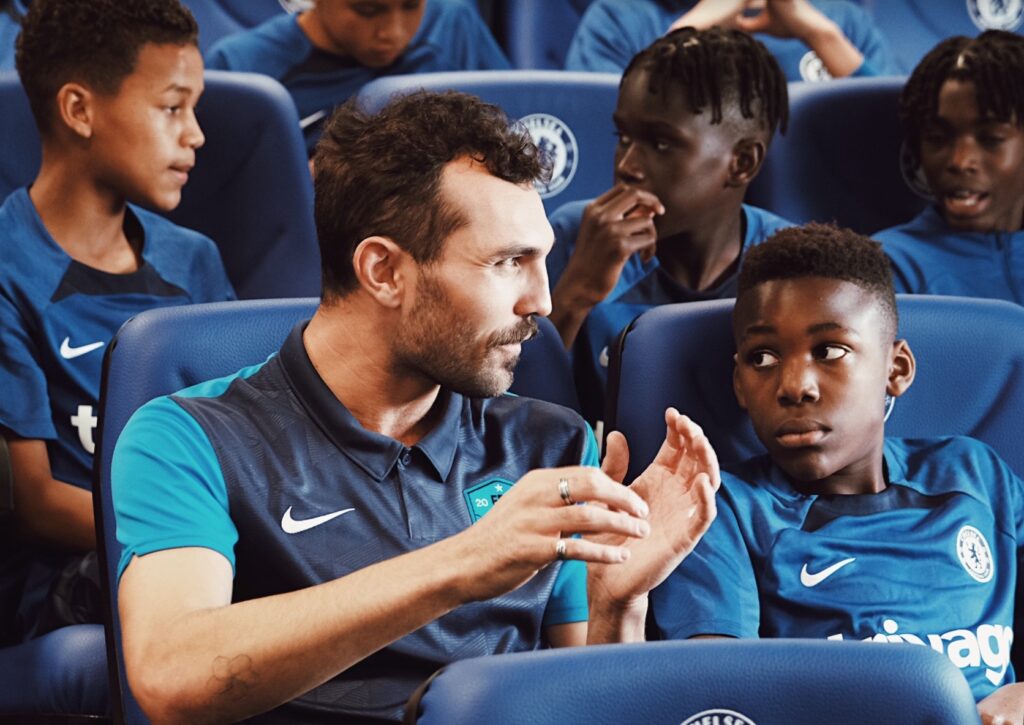
Bonito: Football resonates deeply across cultures and continents. In your view, what makes the sport such a universal and emotional connection point for people around the world?
Elliot: Football is not just the most fun and engaging sport, it taps into universal values that resonate across cultures, age groups, and backgrounds. The game embodies teamwork, respect, belief, and the magic of possibility—it reminds us that anything can happen, right up until the last minute. There’s also a certain tribalism and identity that comes with supporting a club or team, creating a sense of belonging that traditional outreach methods often can’t achieve. This mix of joy and loyalty makes football the perfect tool to reach people who might otherwise be hard to engage. Not only is it the funnest game ever, it speaks to important values that cut across all demographics and parts of society. teamwork, respect, belief, magic, fairness, anything is possible until the last minute. also tribalism!
Bonito: Tell us about how Football for Future started and where do you see it 5 years from now?
Elliot: Football For Future started in a pretty organic way. I come from an environmental activism background, and one day I went to a climate demo wearing my Brighton shirt. I grabbed a pizza box and wrote “Brighton Fans for Climate Justice” on the back. The response I got was overwhelming—it really clicked that football and climate could connect in a meaningful way.
At the time, I was studying a master’s in Movement Building at the Institute of Development Studies and started looking deeper into how football could be a vehicle for climate action. Football has already been an amazing platform for causes like food poverty, gender equity, and racial justice, but no one had seriously explored its potential for climate advocacy. I teamed up with a brilliant designer I knew, and Football For Future was born.
Looking five years ahead, I’d love for us to be out of business because that would mean the global football industry has taken serious, proportionate climate action. The sector is starting to move, but it’s a race against time.
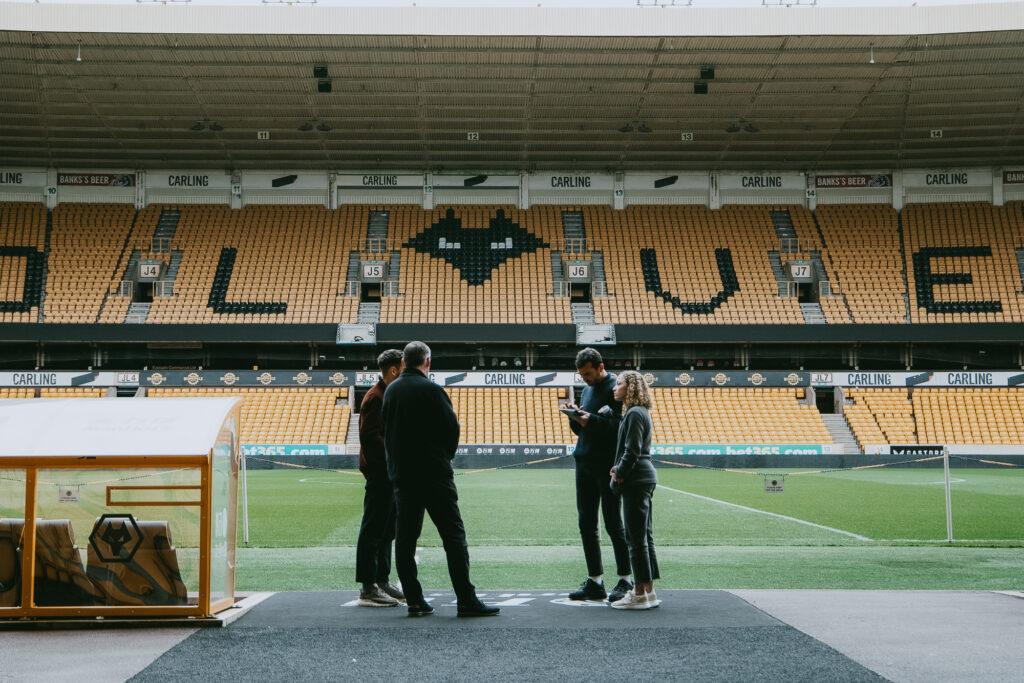
Bonito: Where do you see the football for good sector going in the next years in the UK, given its prominence as the host of the worlds biggest football league?
Elliot: I see the sector leaning more toward branding and purpose-driven business models. The older charitable or non-profit frameworks are becoming outdated, especially when trying to connect with younger audiences. It’s not just about doing good anymore—it’s about communicating that purpose effectively. And with grant funding drying up, partly due to Brexit, there’s going to be a need for more innovative approaches to secure support and engage stakeholders. It’ll be interesting to see how this evolves.
Bonito: We think so too- we also agree that younger audiences are after a certain authenticity when it comes to purpose driven initiatives- feels like there can be a real power in that going forward.
Elliot: Absolutely
Bonito: What do you think of the new UK Football Governance Bill? (For those who don’t know about the bill, it intends to appoint a regulator to ensure that English football is sustainable and resilient for the benefit of fans and the local communities football clubs serve)
Elliot: The Football Governance Bill is an important step, especially if it genuinely prioritizes the interests of players, clubs, and fans. However, it’s vital that environmental sustainability is a key part of its framework. It’s about finding ways to integrate these goals in a way that is realistic and beneficial for the game itself, while addressing broader social and environmental responsibilities.
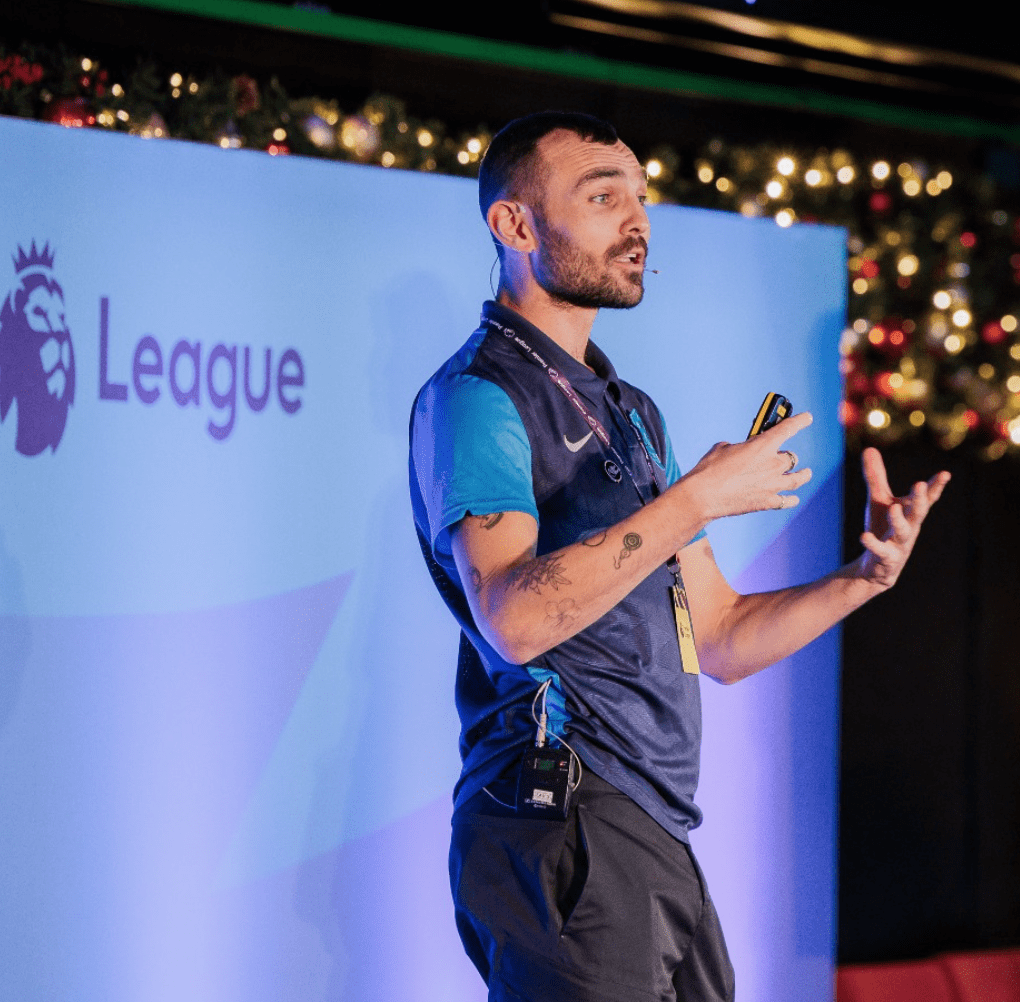
Bonito: We are seeing this dramatic impact from climate change already around the world and grassroots football programs are no exceptions. what are some examples of the impact climate change has on grassroots programs and what do you estimate the societal cost of this negative effect on the social services it provides? (here im thinking about the social value of football and the lack of access that climate change is causing- it must have quite a cost to society!).
Elliot: Grassroots football is already feeling the effects of climate change. In the UK alone, it’s estimated that between 62,500 to 120,000 grassroots matches are canceled or postponed each year due to climate-related disruptions. Flooding has become a massive issue—about a third of community pitches are already unplayable for two months of the year. With the Met Office predicting winters up to 30% wetter by 2070, the situation is only going to get worse.
Extreme heat, heavy rain, and scheduling chaos are also factors. This means players miss out on games, affecting both physical and mental health. For smaller clubs, these disruptions can be a death sentence, potentially causing them to fold, which can fracture vital community organizations. And we can’t ignore the fact that women’s football and grassroots programs are particularly vulnerable to these disruptions, exacerbating existing inequalities.
Bonito: It is as you said a race against the clock.
Bonito: Tell us Elliot, what has been the most touching moment thus far in your FFF journey?
Elliot: From a professional standpoint, working with academy players has been one of the most inspiring aspects of my journey. The conversations we have about the future of the planet and the game are incredibly motivating—it’s amazing to think these could be future Premier League or World Cup stars leading the charge for climate action.
On a personal note, one of my favorite moments was having my dad join me at the Eden Project, where I was speaking alongside my good friend, Arsenal goalkeeper Alexei Rojas. It was a special weekend, and it meant a lot to me for my dad to see me in my element, doing something I’m so passionate about.
Bonito: Thanks so much for talking to us today Elliot- the work you do is so fantastic and as a field we are so lucky to have you helping lead the charge towards climate justice and advocacy in our beautiful game.
Elliot: Thanks so much and great to see Bonito growing- great initiative!
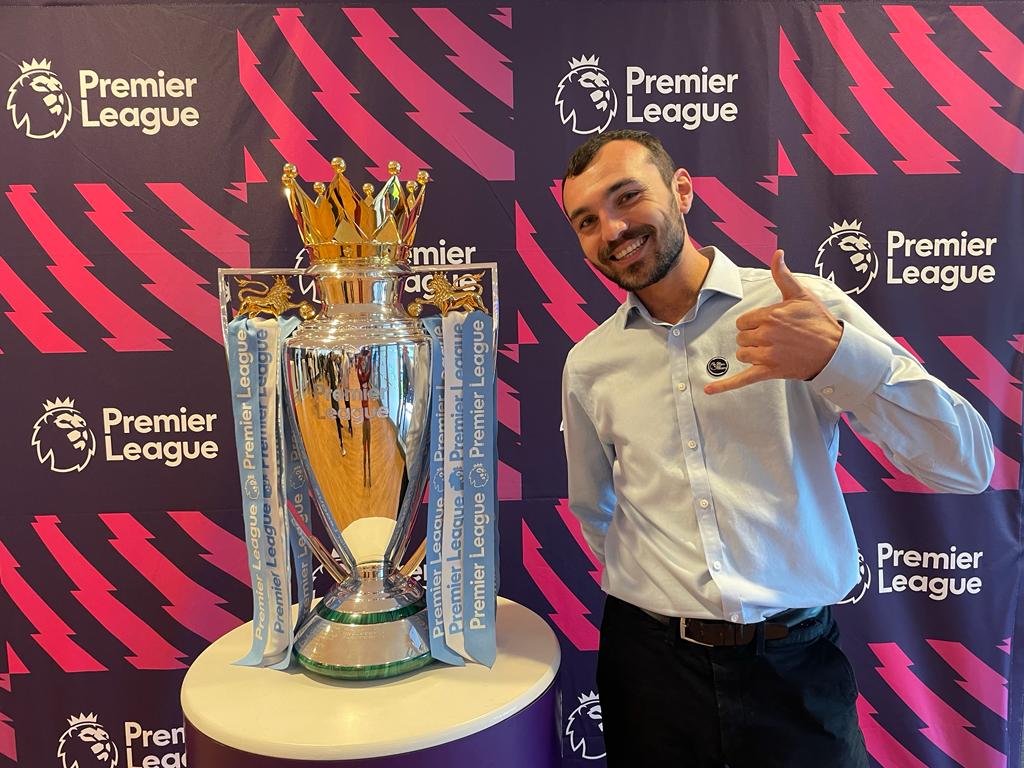
BIO
Name: Elliot Arthur-Worsop
About: Elliot is a climate expert and Sports Industry 30-under-30 Leader. Elliot is founder of Football For Future (FFF), a pioneering non-profit specialising in football, climate awareness and sustainable impact.
FFF have developed industry-leading climate education and training programmes in football, award winning player advocacy campaigns, and sustainability strategies for Premier League clubs and national football leagues.
Partners include Nike, the Premier League, Arsenal, Chelsea and more.
Organization (s): football for future
Role: founder
Favorite Football (or sport) for good organization apart from your own: common goal!
Favorite Football Club: Brighton!
Dream sport for good organization that you would love to collaborate with on a project: PLCF or common goal again!

